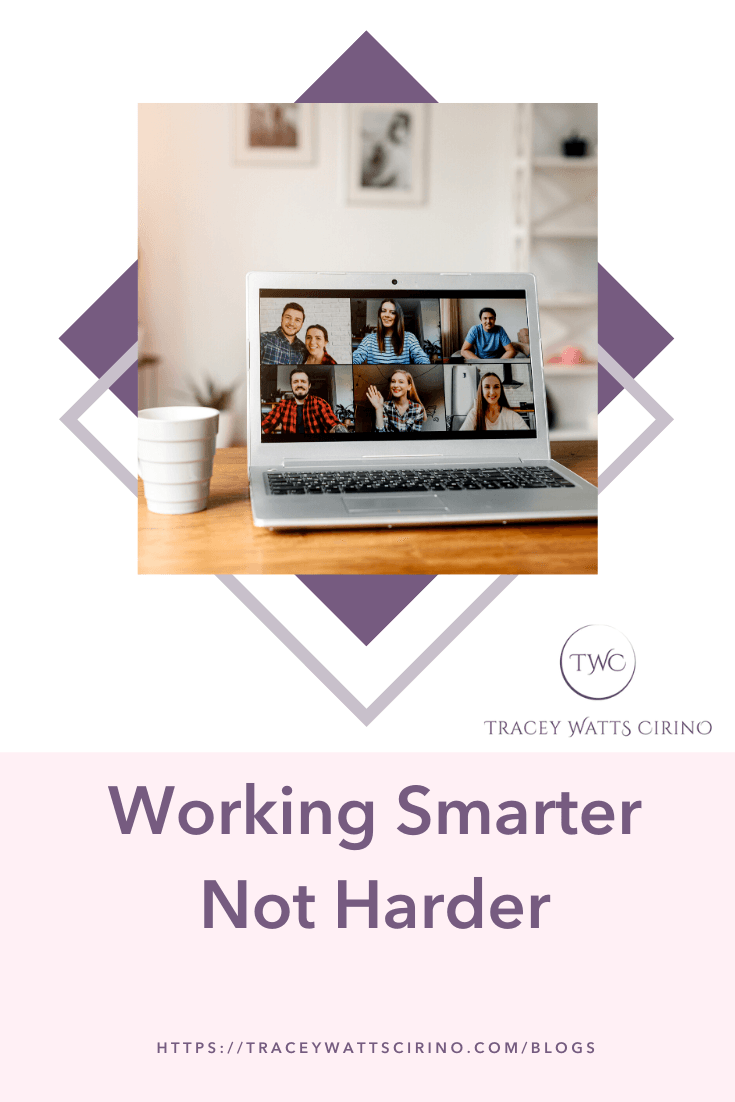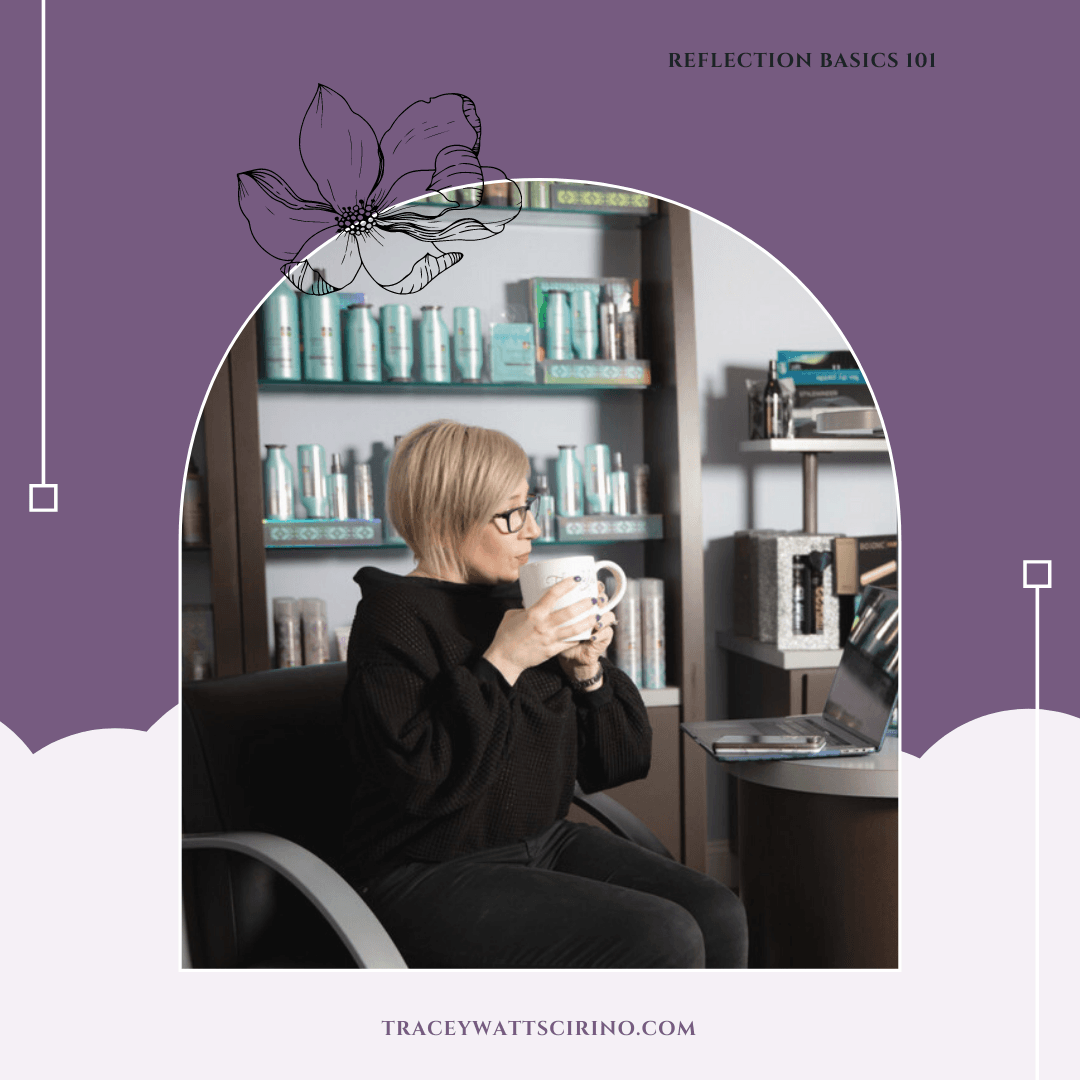Covid Era Tips for Working Smarter, not Harder


At Beyond Common, we're focused on helping you gain clarity and focus in your business and professional life, and one way to achieve that is to make sure you're not wasting time and energy on initiatives that don't produce results.
Many of us are creatures of habit, and once habits are formed, they can become mundane or just something you do without knowing why, and since the beginning of the Pandemic, many new habits have become routine, including frequent Zoom calls and responding to emails and inquiries long past normal business hours. According to a recent study by Asana, employees worked over 450 hours a year more than their required hours -- or almost two additional hours a day. As a result, Burnout is on the rise: 71% of workers experienced burnout in 2020. The number of employees working late rose to 87%, https://asana.com/resources/anatomy-of-work.
Many employees are complaining on line that much of this time is not productive, while others complain of "Zoom fatigue" of multiple meetings, sometimes one after another.
According to a Harvard Business Review of 182 senior managers in a range of industries: 65% said meetings keep them from completing their own work. 71% said meetings are unproductive and inefficient. 64% said meetings come at the expense of deep thinking. 62% said meetings miss opportunities to bring the team closer together. Overall, executives spend an average of nearly 23 hours a week in meetings, a number that has likely increased during the pandemic, https://hbr.org/2017/07/stop-the-meeting-madness.
Given these facts, take a moment to consider what steps you can take to reduce time spent in meetings, while increasing the productivity of individual meetings. Consider these steps:
(1) Make a list of all the meetings you host or participate in and don't simply continue these because that's what you've done in the past. Which ones are productive? Which ones aren't, or could be eliminated or combined?
(2) Does someone create a written agenda BEFORE each meeting so the team knows what topics are being discussed? If not, consider this step.
(3) Meetings are essential for enabling collaboration, creativity, and innovation. They often foster relationships and ensure proper information exchange. They provide real benefits. But meetings that are (1) too frequent, (2) poorly timed, and (3) badly run, lead to losses in productivity. One way to gain maximum benefits from your meetings is to limit their length to a certain amount of time, and carefully moderate each session by allowing all participants a set amount of time to respond or update their colleagues -- doing so will prevent meetings from taking too long and absorbing more of your time then is necessary.
(4) Try hosting a very short meeting -- say, 15 minutes, and see how your team reacts to a quick discussion.
(5) Calendar.com suggests eliminating "standing" meetings and only have meetings when there are important topics to discuss. In other words, don't create a "habit" of having meetings at set times without a clear objective of what you want to accomplish, https://www.calendar.com/blog/perfect-amount-of-meetings-per-day-backed-by-science
(6) Finally, the best way to have productive meetings is to have clear goals and objectives in your business, so everyone on your team knows their role in helping you achieve your objectives. If you would like some guidance and help in creating your goal setting and planning , Beyond Common is pleased to offer a goal setting guidebook that will help you map out the next 90 days of goals, including your personal and professional development plan.
Go to BeyondCommonBusinessSecrets.com/guide to get your guide, which is free of charge for a limited time only.
Thanks for reading our blog! And if you have comments or suggestions, I'd love to hear from you!




Comments